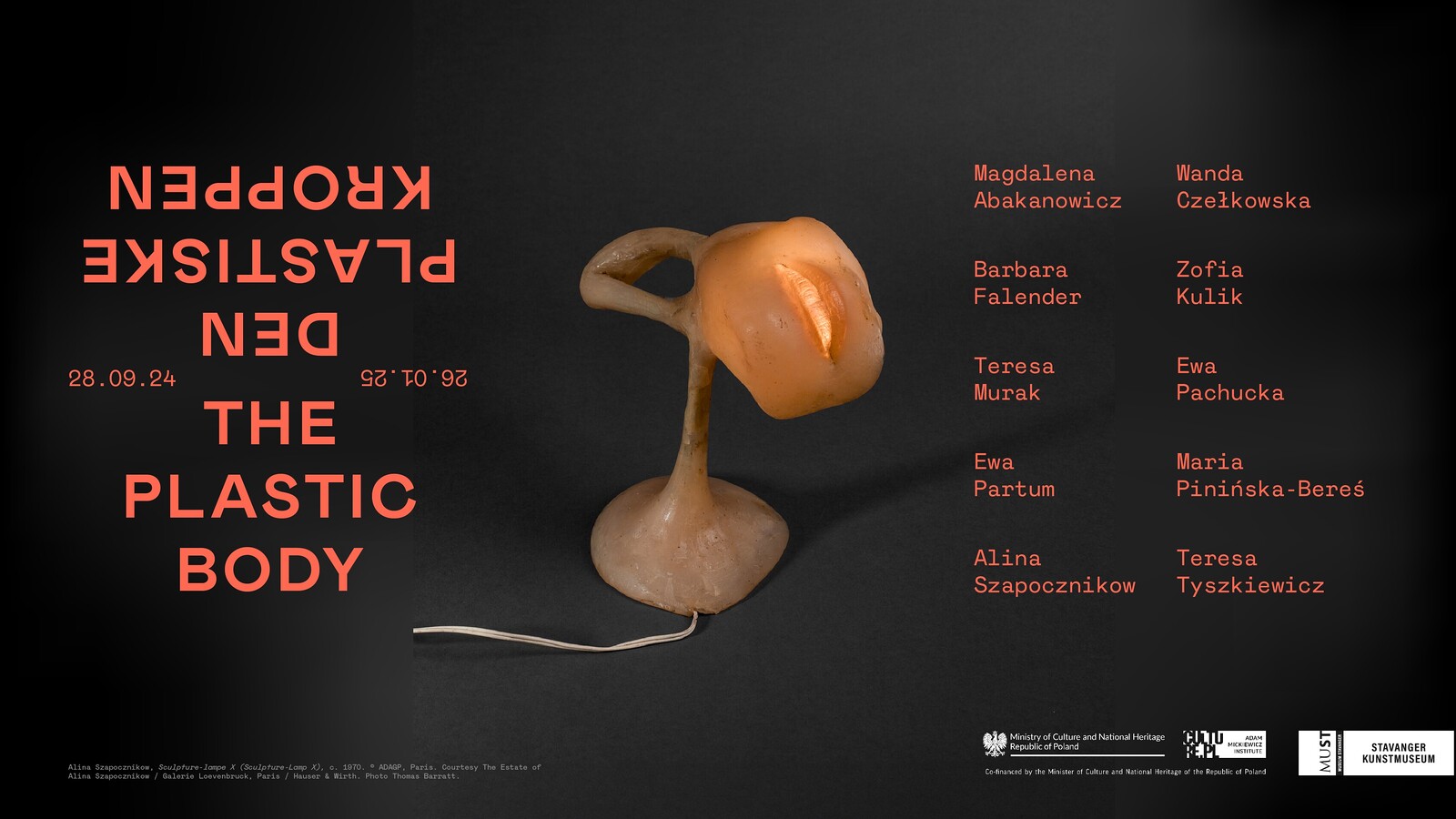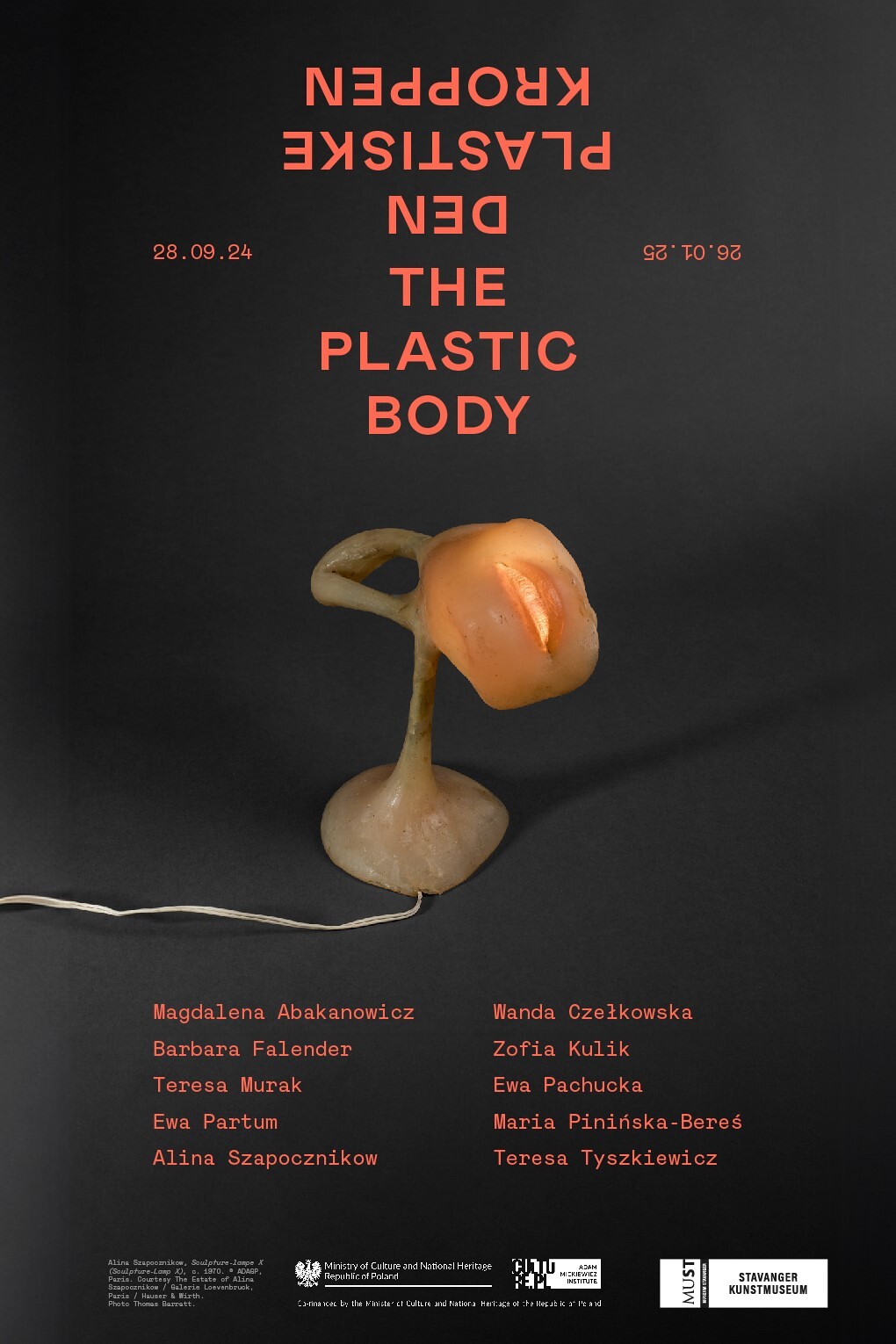Migrating Identities
June 28–September 29, 2013
Yerba Buena Center for the Arts
701 Mission Street, San Francisco, CA 94103
Migrating Identities features the work of eight artists—Michelle Dizon, Ala Ebtekar, Naeem Mohaiemen, Meleko Mokgosi, Wangechi Mutu, Yamini Nayar, Ishmael Randall Weeks, and Saya Woolfalk. Currently based in the United States, they collectively have connections to such diverse countries as Bangladesh, Botswana, India, Iran, Japan, Kenya, Peru, and the Philippines. Born between 1969 and 1981, their work is profoundly informed by their deep relationships with multiple cultures, which were forged by their shared experience of travelling frequently between disparate home sites. Guided by their ability to move fluidly between cultures, and drawing from the uniqueness of their individual journeys, these artists reveal the ways in which their identities have been transformed by the confluence of mobility, cultural retention, and personal history. Their art is evidence of the ever-changing experience of immigration, which eschews conventional narratives focused on socio-economic status, cultural negotiation, and assimilation.
These eight artists share an urgency to reveal the ways in which culture is created by the confluence of historical events and individuals that are significant to a specific time and place, as well as a desire to create an imaginary place where new social orders and alternative histories can be realized. What is valuable about the specificities of a place and its stories becomes a basis for embracing, altering, and intervening with the conventions of contemporary art practice to address larger global issues such as colonialism, war, daily life, the vernacular, and history.
Three of the artists in Migrating Identities focus on actual events that have had larger implications for a particular region. Naeem Mohaiemen’s videos reconstruct the complex, contradictory, infectious enthusiasm of international and local ultra-left activism from a Bangladeshi perspective. Michelle Dizon’s poetic video essay weaves a family story into layers of local history on Mindanao, the southernmost island of the Philippines, touching on issues of civil strife, multinational industry, and the presence of the United States military. Meleko Mokgosi’s figurative paintings combine news media and film imagery from countries in southern Africa into sequenced collaged scenes.
For Wangechi Mutu and Ala Ebtekar, the body—its gestures, poses, and costumes— conforms to a cultural register that pays homage to traditional cultural practices, from fashion to storytelling. Mutu’s Kibaba (2012) group of female figures, replete with Kiswahili-inspired masks and Kenyan hairstyles, appear to have gathered in the gallery to carry out a mysterious ritual. Ebtekar finds commonalities between the physical posturings of wrestlers from Tehran and B-boys from the Bay Area.
Ishmael Randall Weeks adapts working techniques used by craftsmen in the Peruvian rubber and construction industries to reference the “unfinished modernity” of Latin American culture. Yamini Nayar’s photographs transform handmade 3-D installations into distorted, fractured, confusingly illusionistic spaces; they are corruptions of Modernist architecture’s colonialist insertions into the built environments of countries such as India. Saya Woolfalk responds to her multiracial identity and feelings of discomfort in the world by creating a hyper-hybrid imaginary utopian colony called No Place; inspired by both scientific research and science fiction, it is populated by beings that are part human, part plant.
Collectively, the works in Migrating Identities function as a provisional bridge to the future, brimming with utopian desire and a belief that art can lead us out of the traps of history toward a more imaginative present. If the migration of artists is any sign of where we may be going, these artists remind us that local identity is one viable way to resist encroaching globalism.


